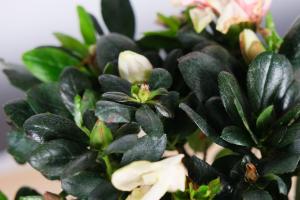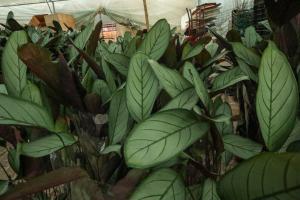What is a Nursery Plant?
Introduction
A nursery plant is a term used to describe any plant that has been cultivated and grown in a nursery. It is a young plant that is usually grown in a controlled environment and sold to be transplanted and grown in gardens or landscapes. In this article, we will discuss the benefits of nursery plants, the different types of nursery plants, and tips for planting and caring for nursery plants.
Benefits of Nursery Plants
Nursery plants have several benefits over starting plants from seeds or cuttings. Firstly, nursery plants are already started and have a head start in their growth process. This means they will reach maturity faster than plants that are grown from seed or cuttings. Additionally, nursery plants are typically of higher quality than their counterparts grown from seeds or cuttings. This is because they were grown in a controlled environment and monitored for quality and health by professionals. Lastly, nursery plants are convenient for those who do not have the time or resources to start plants from scratch.
Types of Nursery Plants
There are several different types of nursery plants available. These include annuals, perennials, shrubs, trees, and vines. Annuals are plants that complete their lifecycle in one growing season. Examples include petunias and marigolds. Perennials are plants that live for multiple growing seasons. Examples include roses and irises. Shrubs are woody plants that are smaller than trees and usually have multiple stems. Examples include boxwood and holly. Trees are woody plants that have a single stem and typically grow to a significant height. Lastly, vines are trailing or climbing plants that grow up supports. Examples include ivy and clematis.
Planting and Caring for Nursery Plants
When planting nursery plants, it is essential to prepare the soil properly. The soil should be loosened and amended with organic matter. This will ensure that there is proper drainage and the plants can establish roots into the soil. It is also important to water the plants thoroughly after planting and to continue to monitor soil moisture throughout the growing season. Fertilizing the plants regularly will also help them to grow strong and healthy. Lastly, it is important to monitor the plants for pests and diseases and to take action promptly if any issues arise.
Conclusion
In conclusion, nursery plants are a great option for those looking to establish healthy and vibrant gardens or landscapes. They have many benefits over starting plants from seeds or cuttings and are available in many different types. By taking the time to properly plant and care for nursery plants, you can enjoy the beauty and functionality they provide for many growing seasons to come.

 how many times do yo...
how many times do yo... how many planted tre...
how many planted tre... how many pine trees ...
how many pine trees ... how many pecan trees...
how many pecan trees... how many plants comp...
how many plants comp... how many plants can ...
how many plants can ... how many plants and ...
how many plants and ... how many pepper plan...
how many pepper plan...
































